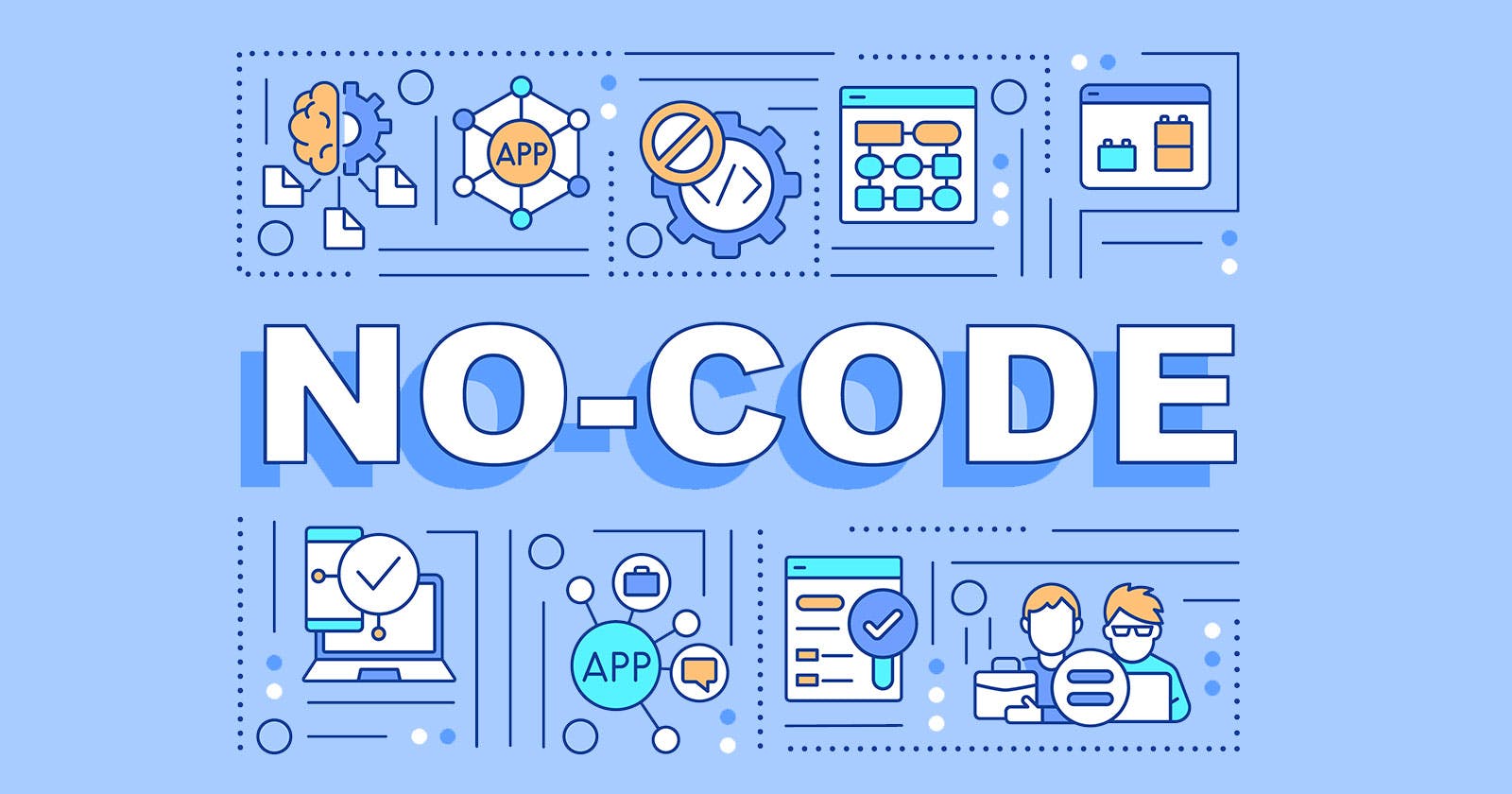5 Things to Consider while Selecting a Low-code/No-code Platform for Unique Business Needs
When it comes to achieving business objectives swiftly, low-code/no-code (LCNC) platforms have proven their value by significantly reducing the time it takes to develop and deploy business applications. These platforms have become a key tool in the digital transformation toolbox, providing the capabilities to build and customize applications without the need for extensive coding skills. They allow businesses to rapidly adapt to market changes, facilitate innovation, and optimize processes to meet unique business needs.
However, while these platforms promise easy-to-use, drag-and-drop interfaces that anyone can utilize, the selection of the right LCNC platform for your specific needs is a critical decision. Here are five things you need to consider when choosing an LCNC platform:
1. Ease of Use
The core value proposition of LCNC platforms is their user-friendly nature, allowing individuals without a background in software development to build functional applications. Thus, the ease of use should be one of your primary considerations. The platform should have an intuitive interface and should not require extensive training to use.
Test the platform's user interface, and see if it offers a drag-and-drop feature, visual modeling, and pre-built templates. Consider the learning curve involved and the availability of resources such as tutorials, documentation, and community support. Ensure the platform aligns well with the skill set of your team.
2. Flexibility and Scalability
The LCNC platform you choose should offer flexibility to design applications that can be customized to meet your unique business requirements. It should support various types of application development, including web, mobile, process automation, and more. The platform should be able to integrate seamlessly with your existing systems and should have the ability to consume APIs and connect with various data sources.
Scalability is another crucial factor. As your business grows, the platform should be capable of supporting an increasing number of users, handling higher volumes of data, and accommodating more complex workflows.
3. Security and Compliance
Data security and compliance with industry-specific regulations are paramount when implementing any digital solution. Verify the platform's security protocols and whether it meets the necessary compliance standards such as GDPR, HIPAA, or ISO 27001, depending on your industry.
Consider the platform's access control capabilities and its ability to manage roles and permissions. Also, consider the platform's data backup and recovery protocols.
4. Vendor Support and Community
Effective vendor support is crucial for troubleshooting and resolving issues that may arise during the application development process. Look for vendors that offer comprehensive support, both during and after the implementation process.
Also, consider the size and activity of the platform's user community. A vibrant user community can be a valuable source of knowledge, offering real-world insights, solutions to common problems, and innovative ideas for utilizing the platform.
5. Total Cost of Ownership
Finally, consider the total cost of ownership (TCO) of the LCNC platform. Beyond the initial licensing or subscription fees, factor in the costs for implementation, integration, training, support, and maintenance. Additionally, account for the costs associated with future upgrades and scalability. It's crucial to choose a platform that offers a balance between functionality and cost-effectiveness.
Final Thoughts
Choosing the right low-code/no-code platform is more than just an investment in technology; it's an investment in your business's future. The ability to swiftly create and adapt applications to meet evolving business needs can significantly increase operational efficiency, foster innovation, and give your company a competitive edge in today's fast-paced digital world.
By focusing on these key aspects and choosing a platform that aligns with your unique business needs, you're setting your business on a path towards sustainable growth and success in the digital age.
